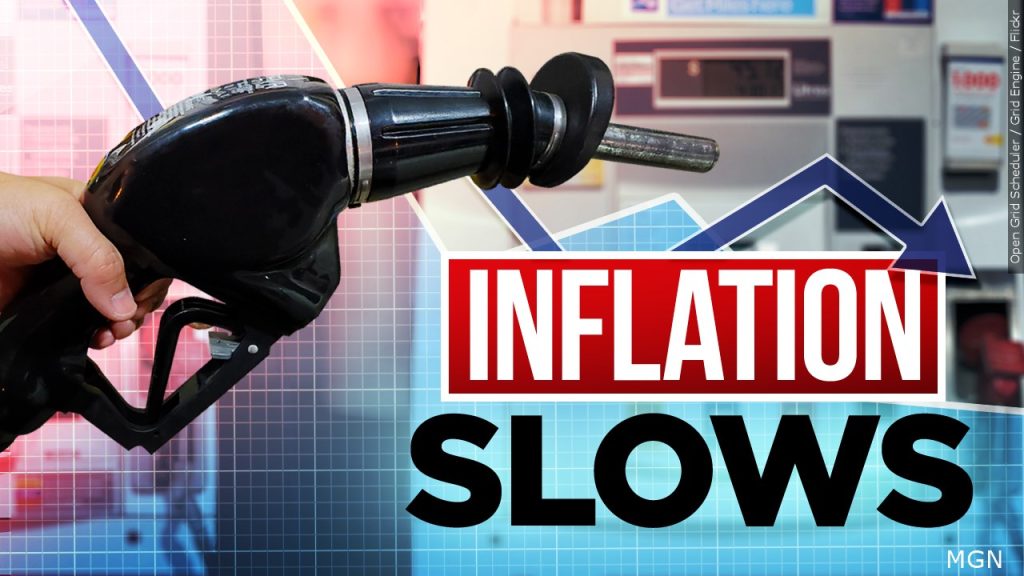The worst of inflation finally might be over

A version of this story first appeared in CNN Business’ Before the Bell newsletter. Not a subscriber? You can sign up “We probably have seen the peak on inflation. Food and energy prices are coming down. There is more room to the downside,” said Joe Kalish, chief global macro strategist with Ned Davis Research.Investors seem to begrudgingly accept the likelihood that the Fed will raise rates by 75 basis points again in a few weeks…regardless of what the August inflation data indicates. But traders are hoping that the September rate hike is the last one of such magnitude. Assuming the Fed boosts rates by three-quarters of a point on September 21, that would bring interest rates to a target range of 3% to 3.25%. Look at fed funds futures on the CME for November. As of midday Friday, investors were pricing in 70% odds of a half-point hike at the Fed’s November 2 meeting … to a range of 3.5% to 3.75%.There was just a 10% probability of a fourth straight 75 basis point increase, however, which could be one reason why stocks have rebounded so far in September following their August tumble.Price increases slowing and consumers still spendingWall Street is clearly betting that inflation trends will continue to head in the right direction. Economists also expect producer prices, the cost of goods at the wholesale level, to fall slightly in August. Forecasts are for a drop of 0.1% from July to August, following a 0.5% decrease from June to July. Producer prices surged 9.8% year-over-year in July but that’s down from June’s high water mark of 11.3%. Any further slowdown would likely be welcomed by the market, the Fed and consumers.That brings us to retail sales. Consumer spending figures for August are due out Thursday morning. The government reported last month that retail sales were up 10.3% year-over-year in July. It will be interesting to see if that rate of sales picked up in August or slowed down.The Fed is in a tough spot. It wants to put inflation pressures to rest and the way to do that is with big interest rate hikes. But the Fed would also like to avoid a recession if it can, which is why some are still hoping for a soft, or a Powell also talked about rate hikes and inflation causing “We do own big techs that are much more mature and established,” said Suzanne Hutchins, head of the real returns strategy and senior portfolio manager with Newton Investment Management.The results from Oracle and Adobe will also serve as a preview for the deluge of tech third quarter earnings that will come later in October. Solid results from these two could be a good sign for Microsoft (MSFT), SAP (SAP), IBM (IBM) and other cloud software firms.Still, the recent earnings from Salesforce (CRM), which was cautious about its guidance, could be a warning sign for both companies, according to Daniel Morgan, senior portfolio manager with Synovus Trust Company. Oracle and Adobe also could get hit by the surging dollar, since that will eat into profits from their international operations.”Both companies generate more than 40% of sales outside the US,” Morgan noted in a report.Monday: China markets closed; earnings from Oracle Tuesday: US CPI; Starbucks (SBUX) investor day; Twitter (TWTR) shareholder meeting to vote on Elon Musk acquisitionWednesday: US PPIThursday: US retail sales; US weekly jobless claims; meeting between Russia’s Vladimir Putin and China’s Xi Jinping; earnings from AdobeFriday: US U. of Michigan consumer sentiment; China retail sales, unemployment and other economic data







